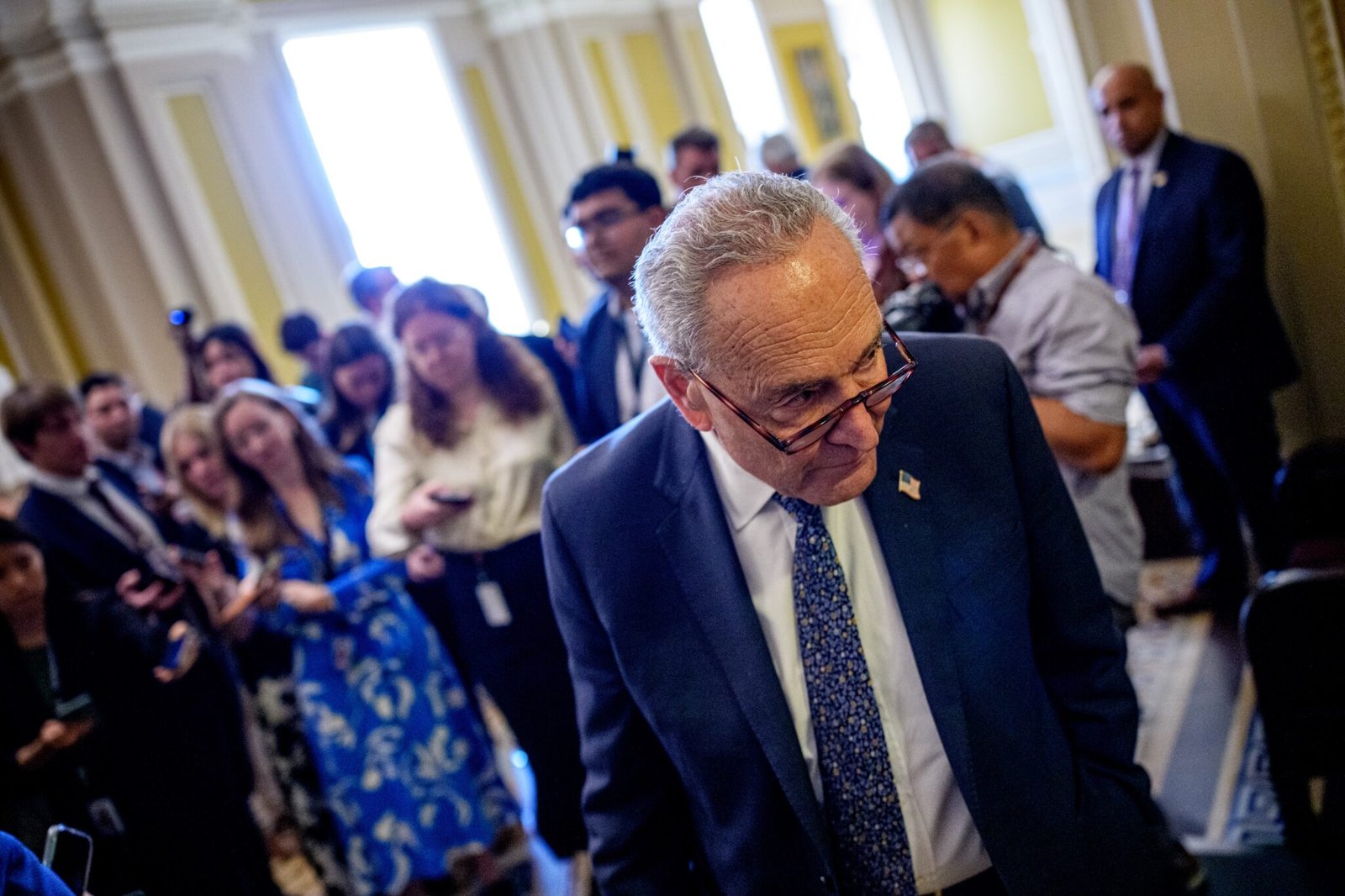Business
Democrats Challenge GOP with Tough Decisions on Rural Hospitals, SNAP Cuts, and Medicaid in Major Bill

WASHINGTON — Senate Republicans are nearing the passage of a significant tax reform and spending cut bill that aligns with President Donald Trump’s agenda, aiming for a completion date by July Fourth.
Democrats, while opposing measures in the legislation, initiated a series of amendment votes to spotlight contentious issues, particularly concerning cuts to health and nutrition programs. As of early evening, no Democratic amendments have succeeded.
This strategy is often employed during budget reconciliations to draw attention to critical matters, despite the likelihood of failure for their amendments. Key points of contention include new work reporting requirements for Medicaid and the shifting of substantial costs from the federal Supplemental Nutrition Assistance Program (SNAP) to states for the first time.
Sen. Amy Klobuchar of Minnesota urged her colleagues to prioritize families over billionaires on the Senate floor. The nearly 1,000-page bill seeks to extend and enhance the 2017 tax law, preserving individual income tax rates and making certain business tax breaks permanent. Moreover, it promises to enact some of Trump’s campaign pledges, such as exempting qualifying tips and overtime from taxation for a limited period.
The estimated cost of these tax cuts totals around $4.5 trillion over the next decade, while projections indicate an addition of approximately $3.25 trillion to deficits, according to the Congressional Budget Office. Critics argue the bill will significantly inflate the nation’s debt, with a provision raising the borrowing limit to $5 trillion.
Among the debated issues, Washington Democratic Sen. Patty Murray, attempted to eliminate a provision that would restrict Medicaid payments to Planned Parenthood unless the organization halts abortion services. Murray cautioned that the proposal could jeopardize essential health care services for lower-income women, potentially closing around 200 clinics nationwide.
Contrarily, Mississippi Republican Sen. Cindy Hyde-Smith defended this policy change, stating it aligns with a bipartisan objective to end taxpayer funding for abortion-related services. Her attempt to block Murray’s amendment succeeded with a narrow 49-51 vote.
A divide also emerged over funding for Medicaid for undocumented immigrants. While some senators from both parties sought to limit federal funds for states that enroll undocumented immigrants, the measure failed after not garnering enough support.
Additionally, an effort led by Sen. Elizabeth Warren to prevent a nearly 50% funding cut for the Consumer Financial Protection Bureau was thwarted, with Republicans asserting that current funding remains adequate.
Concerns about maternal health funding arose as discussions escalated over Medicaid’s role in providing maternity care, particularly amid proposals to reduce funding allocated to vital hospital services. “Medicaid is critical for maternal services,” emphasized Sen. Lisa Blunt Rochester.
Senators also rejected a motion to revert changes related to SNAP, with objections from Republican senators, who argued that restructuring is essential due to mismanagement concerns.
Amid these debates, another proposal requiring Medicaid enrollees to work, or partake in community service or educational programs, likewise faced scrutiny. Critics raised flags that the new requirements could disenfranchise vulnerable populations.
As this contentious legislative battle unfolds, exchanges between senators highlight the intense division over health care and taxation in the nation. The outcome of these votes could shape the landscape of federal assistance and tax policies for years to come.

















